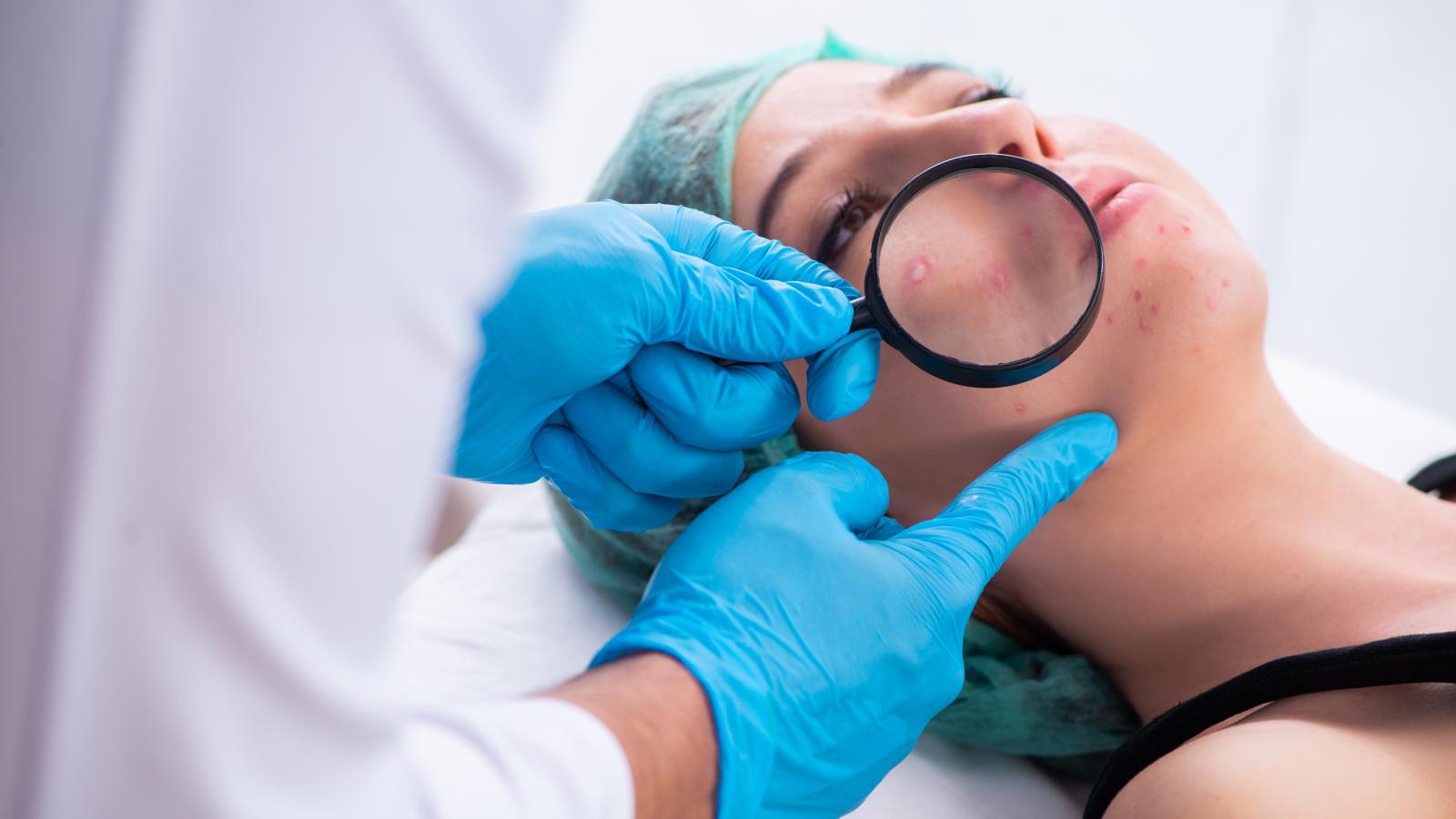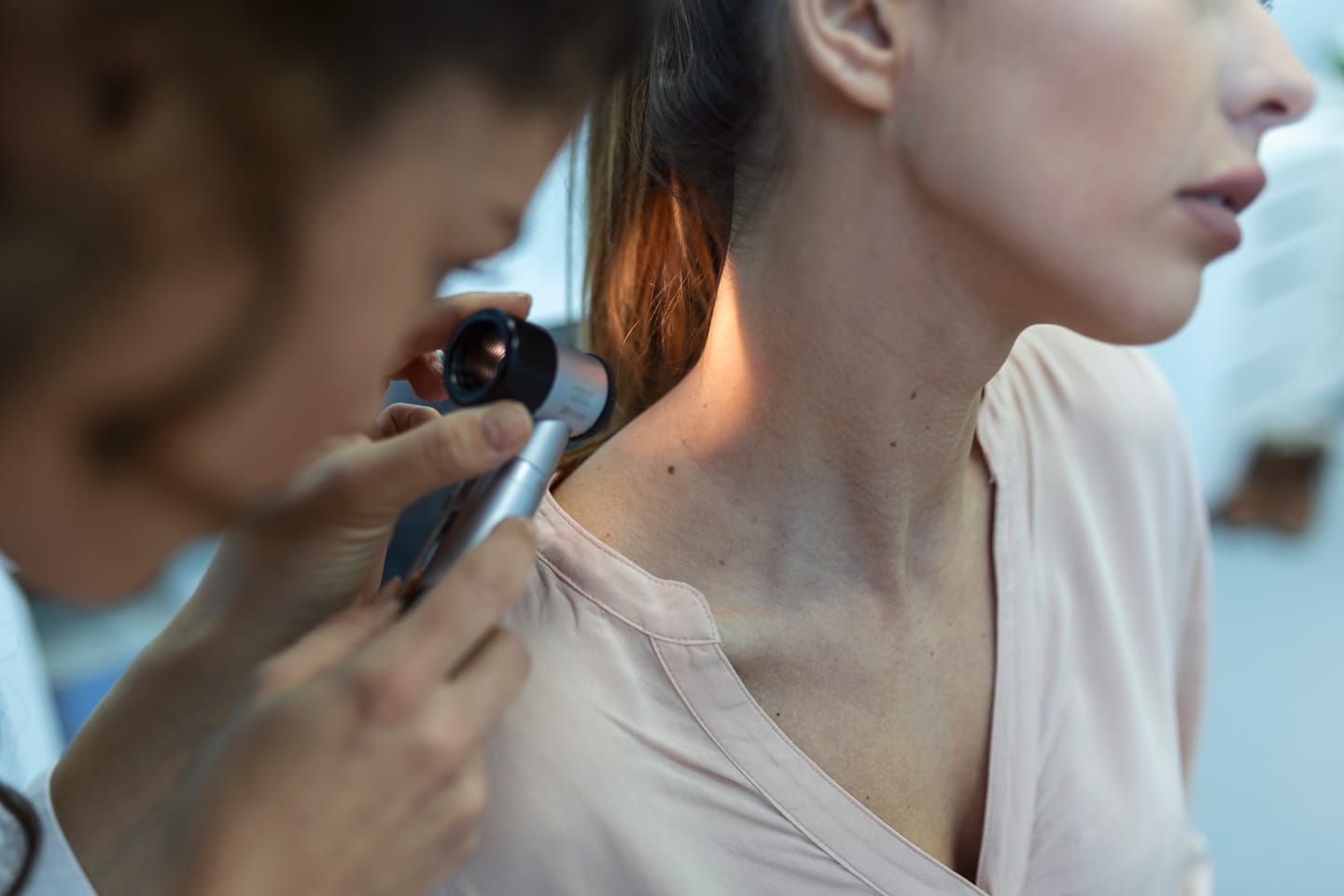In a study published on 8 April 2025, researchers from Semmelweis University demonstrated that OpenAI’s GPT-4o model achieved a 93% accuracy rate in identifying acne and rosacea, while Google’s Gemini Flash 2.0 model correctly identified these skin conditions in only 21% of cases. The scientific study used photographs of patients previously diagnosed with these skin conditions by specialists. The performance of artificial intelligence could mark significant progress in dermatological self-assessment, though experts stress that final diagnosis and treatment prescription remain the responsibility of dermatologists.
During the study, GPT-4o provided a disease identification in every case (100%), achieving outstanding accuracy: 91% for acne and 100% for rosacea, rarely confusing these with other conditions. Acne and rosacea are highly common skin issues that can significantly impair quality of life. However, diagnosis is not always straightforward, as their symptoms are often similar, noted Dr. Norbert Kiss, assistant professor at Semmelweis University’s Department of Dermatology, Venereology, and Dermatooncology, and corresponding author of the study. Identifying subtypes proved more challenging for the system, with 55% accuracy for acne subtypes and 50% for rosacea subtypes. “We were surprised by how well ChatGPT performed. Patients are often sceptical about AI use, and doctors don’t always trust these tools either. That’s why we felt assessing their true capabilities in a scientific study was important,” Dr. Kiss stated.
The research holds global significance, as demand for dermatological care is rising worldwide while the number of specialists remains limited—in the United Kingdom, there is only 1 dermatologist per 100,000 people, compared to 11.4 in Greece. The authors believe AI could, in the long term, reduce the time patients wait for care, helping to prevent the condition from worsening. Dr. András Bánvölgyi, head of the General and Teledermatology Outpatient Clinic at Semmelweis University’s Department of Dermatology, Venereology, and Dermatooncology, emphasised that final diagnosis and prescribing medications remain the dermatologist’s role. Dr. Mehdi Boostani, the study’s first author, added that informing the public is crucial so individuals can make responsible decisions when using AI to check their skin’s condition.
Sources:
1.

2.

3.











